I was the middle child of three and grew up on a council estate in Southampton. My parents worked hard and took themselves to University when we were very young, both training to become teachers. Life before and after this transition was pretty different, and having seen ‘how the other half live’, I’ll never forget the lessons I learned about frugality and work ethic.
I received a diagnosis of Autism as an adult, so faced multiple challenges as an undiagnosed child/youth. I was always labelled a bit of a terror. My nickname was ‘Taz’ - from the Tasmanian devil cartoon - because I would have tantrums (seemingly) over nothing. In retrospect, it was a response to sensory overload. I was also labelled a very fussy eater, a bit ‘OCD’ and shy. I came out of my shell as a teen, but although I had a lot of friends, I never felt like I truly connected with any of them. I never really felt like I truly fit into any social group until I found rowing.
Not only was I unable to work in the way that suited me best, but I was coached into acting like someone else just to fit in. This was absolutely exhausting and led to me being misdiagnosed with bipolar disorder and mis-medicated for five years.
I was a very active child from the get-go because movement was how I regulated my senses and emotions. We lived near a park, and if I wasn’t at school, I was knocking on a friend's door or braving it alone - running, jumping, handstands, kicking balls, playing on my scooter. I attended every afterschool sports club I could, and eventually stumbled upon rowing out of sheer luck. A local community rowing club was hosting a project aimed at increasing state school participation in the sport, and my school was chosen as a beneficiary. I jumped at the opportunity to get stuck into something interesting - the idea of messing around on the water really attracted me.
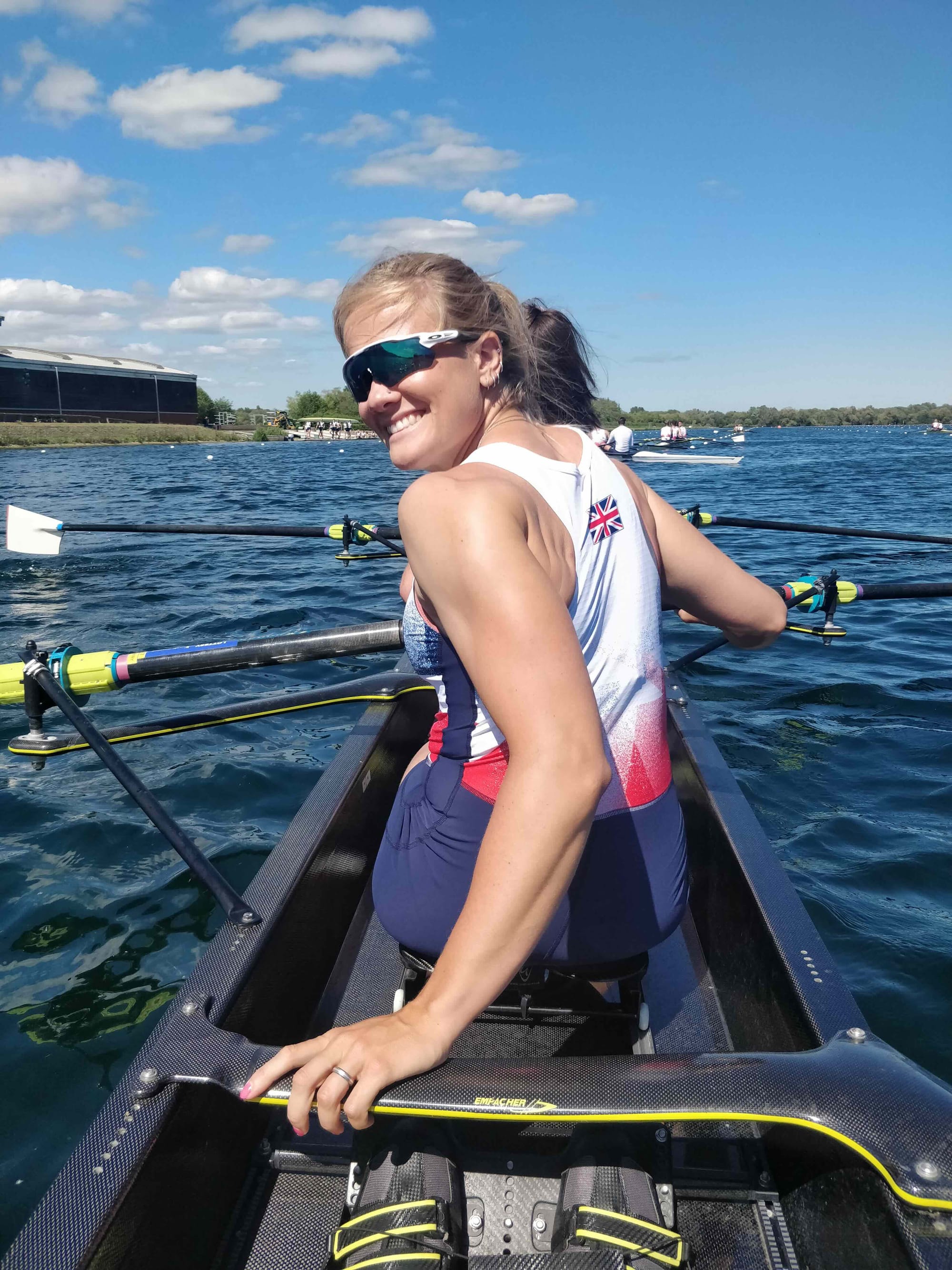
What was different about rowing was that I could be a part of a team, but very much an individual at the same time. I could push away from the bank and away from my troubles. Even though we were in the middle of a city, it felt so peaceful. Even though I was working hard, it was rhythmical and cathartic. I was in charge of my seat and nothing more.
In all honesty, I was a pretty angry and emotionally dysregulated teen, so the opportunity to just get my head down and push my emotions into the footplate was a lifesaver. So much so that I attended every session, eventually more than every session. I’d train in my own time and this led to me getting pretty good at it. At first, I was roped into rowing with the senior ladies. Eventually, I was roped into trialling for the Junior national team. From there I won medals at the Junior and U23 World Championships and joined the Senior national team, training full-time.
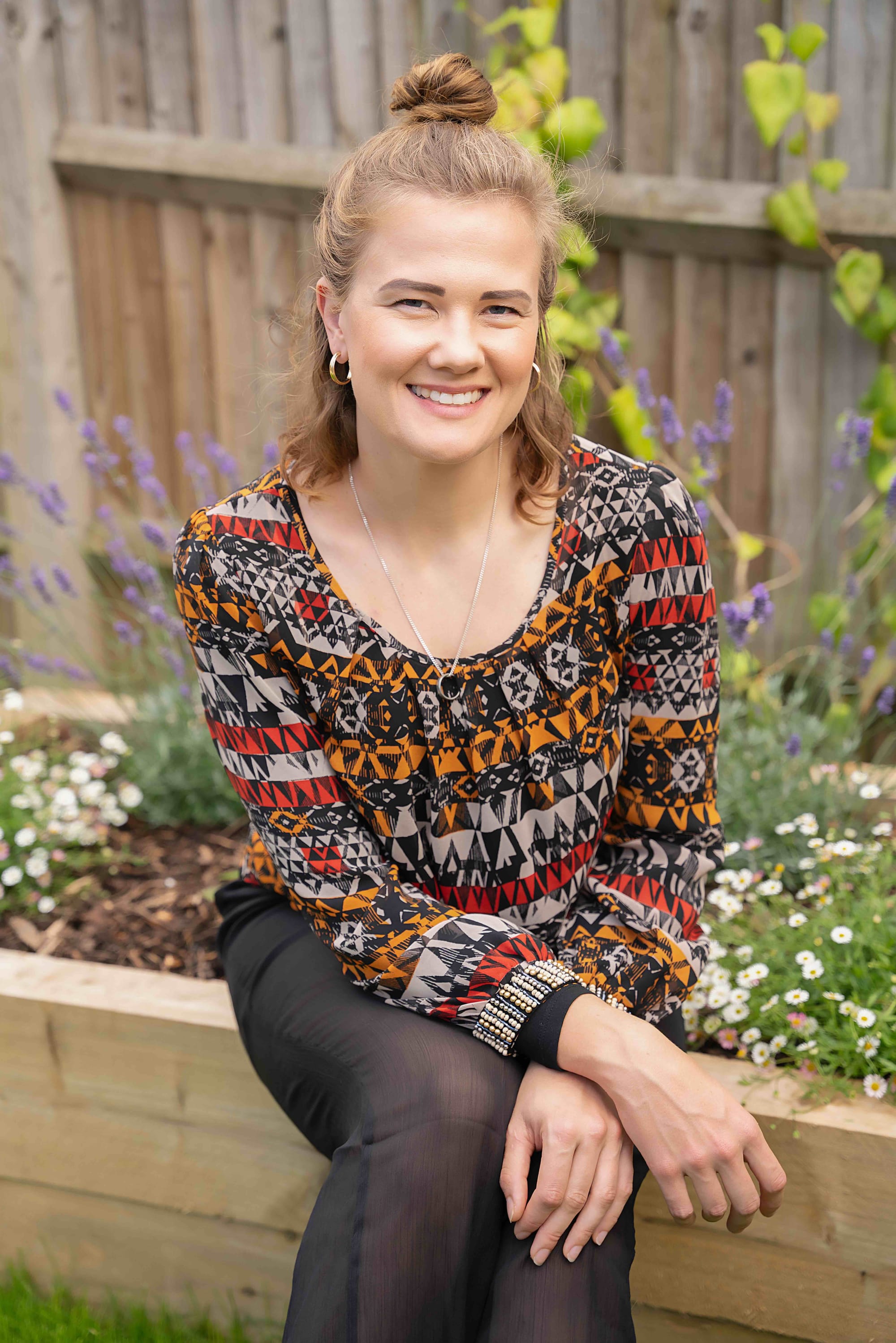
I naturally developed self-support/self-optimisation strategies as a younger athlete. I think this was down to my innate curiosity, creativity and problem-solving skills. The environment I was in also allowed me freedom and encouragement from afar, so even though I was different, I didn’t know it, I didn’t need to know it, and I was able to thrive. This was the polar opposite of how I felt and performed when I joined the Senior national team.
At the time, the system was very much one size fits all, and because the strategies I had developed to maintain peak performance were different, they weren’t accepted. Not only was I unable to work in the way that suited me best, but I was coached into acting like someone else just to fit in. This was absolutely exhausting and led to me being misdiagnosed with bipolar disorder and mis-medicated for five years.
The sports industry as a whole needs to catch up with wider society in their understanding of and accommodation for neurodiversity. Especially considering neurodivergence is very common, impacting at least 20% of the entire population, and even more common amongst elite athletes.
Although a late re-diagnosis of Autism provided me and those around me with a better understanding of my differences and why I needed to follow different processes, this understanding wasn’t systemic. I was able to successfully try for the Tokyo Olympics, but the onus was still very much on me to explain myself to those around me. For this reason, I retired in 2022 and co-founded the not-for-profit organisation Neurodiverse Sport. Our vision is for neuro-inclusive practice to be the norm in all sports, at every level.
It’s a view shared by many that attitudes and environments hold key responsibility for enabling or disabling people - over and above their conditions. The sports industry as a whole needs to catch up with wider society in their understanding of and accommodation for neurodiversity. Especially considering neurodivergence is very common, impacting at least 20% of the entire population, and even more common amongst elite athletes. After all, you can’t be ‘normal’ if you want to be exceptional.
In my opinion, sporting tradition and outdated dogmas are really what’s standing in the way of this change. As well as narrow stereotypes surrounding certain conditions - Autism being one of these. I’d like to see coaches meeting athletes where they’re at and embracing their differences as a standard. If this became the norm, I think we’d see some pretty spectacular performances. Additionally, at the non-elite level, it would have a significant positive impact on the number of people who are better able to live active and fulfilling lives.
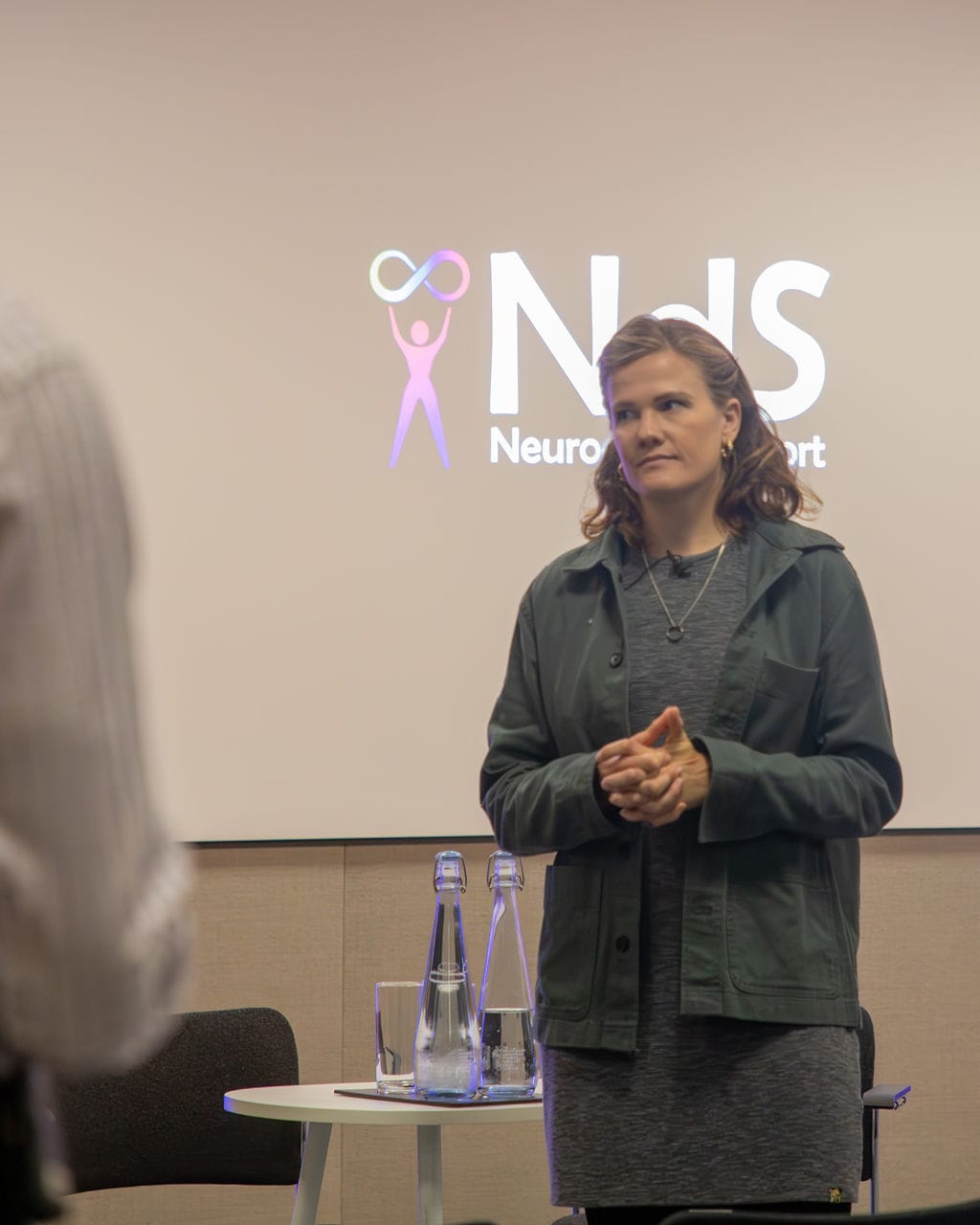
I am most proud of using my difficult experiences and the disappointment I have faced to help others. Some of it was pretty traumatic, to say the least. I can’t describe how hard it was taking mood stabilisers and antipsychotics for five years whilst trying to train and compete on the national team (and being ridiculed for my poor performance at the same time). I have taken those shameful memories and funnelled them into a sense of determination - to change the narrative for future generations of neurodivergent people and athletes. It would be far easier to let this be someone else's problem, but that's just not the way my brain works. I see a problem and I need to fix it. My sense of justice gets me in trouble, but it also makes me a great advocate and disruptor.
If there's one takeaway I'd like you to get from my story, it’s this: always challenge assumptions and remember that we all perceive and experience the world differently. There is no universal right or wrong—every individual's experience is unique.
The double empathy problem describes the challenges faced when individuals with diverse life experiences struggle to empathise due to differences in language use and understanding. Let’s try to bridge the gap.
Caragh McMurtry is an Autistic former Olympic rower and founder & Director of Neurodiverse Sport; a not-for-profit organisation whose mission is to raise awareness of neurodiversity in sport, and whose vision is for neuro inclusive practice to become the norm in all sports.
Through Neurodiverse Sport she and her team provide reliable advice and guidance to sports teams, clubs and organisations, giving them the knowledge and understanding they need to practise neuro inclusivity.
Visit www.neurodiversesport.com for more information, or follow on Instagram.
Become a Disruptors member and enjoy exclusive access to inspiring and insightful stories of positive Disruptors, events, exclusive offers and a platform with a community of like-minded individuals making a positive impact — all while supporting an independent media company dedicated to closing the gender narrative gap, and fostering equality and inclusion by amplifying women’s voices and celebrating those who challenge the status quo for a better world.
This special edition features the inspiring and insightful stories of 25 women challenging the status quo in sports. Become a Disruptors member to receive a complimentary digital copy of the Disruptors: Women In Sports special edition magazine-book here.
Alternatively, you can get a copy of the special edition here.

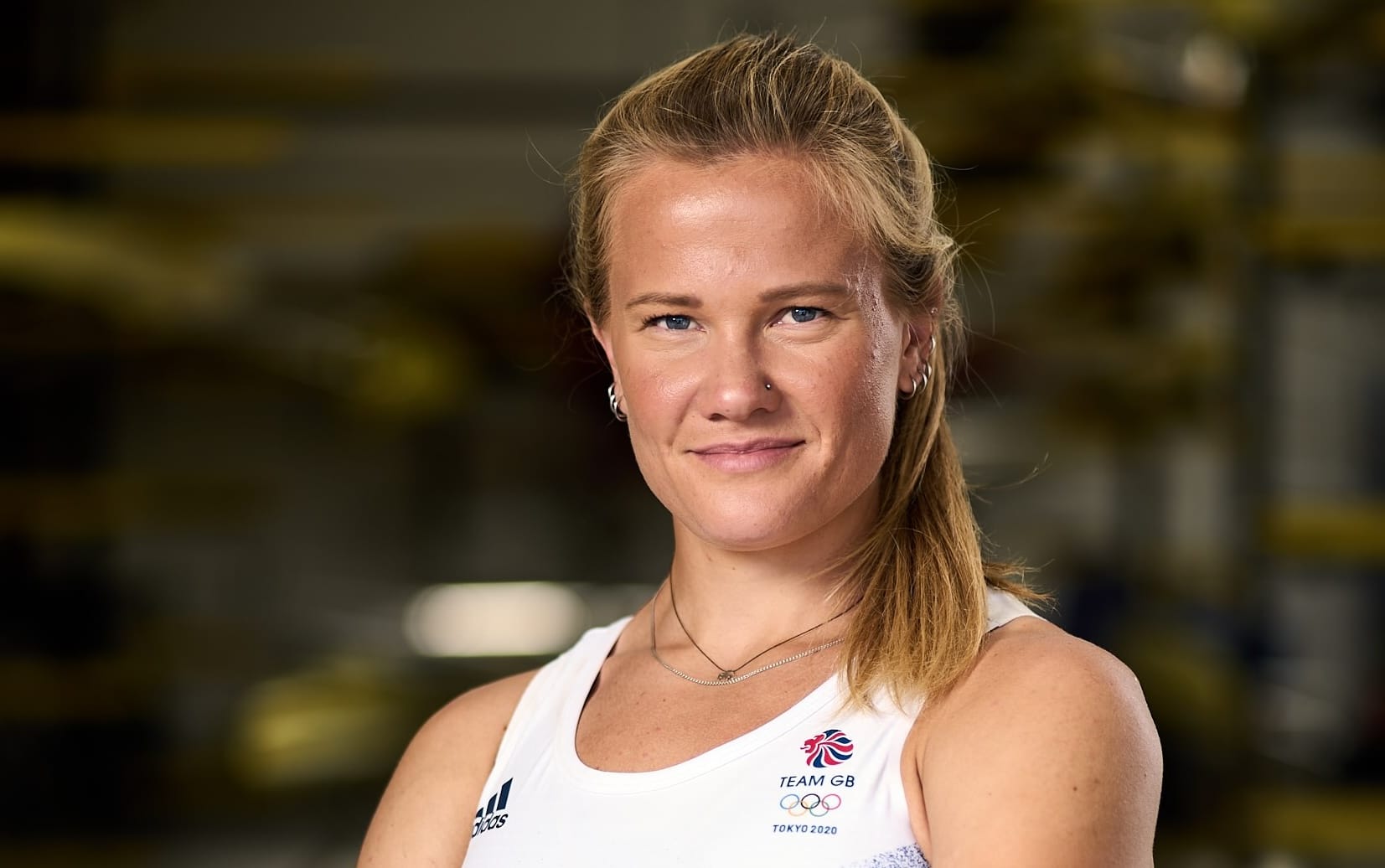


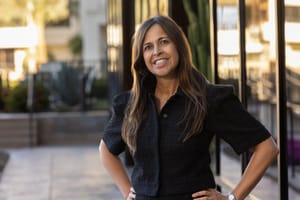


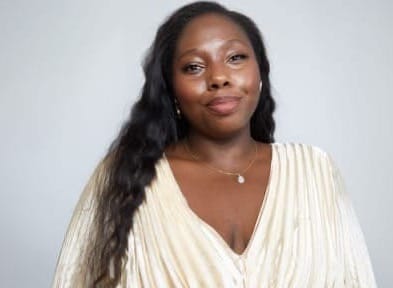


Member discussion